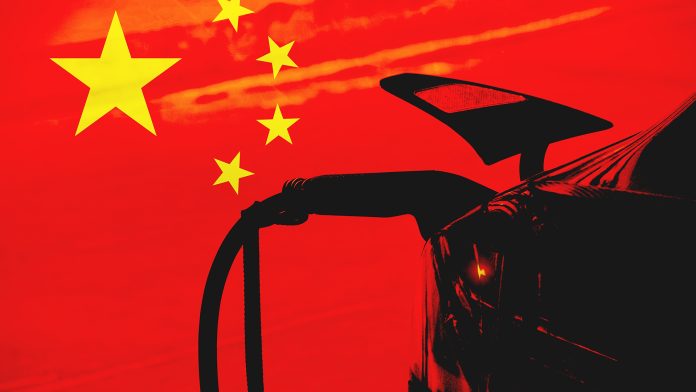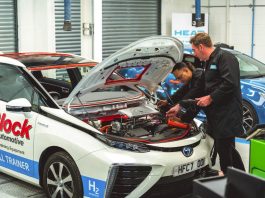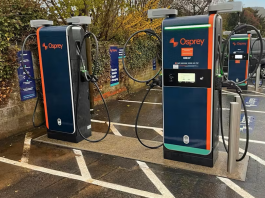The EU and China are beginning talks to reach a possible compromise on EU legislation to impose EV tariffs on Chinese-imported vehicles.
Provisional EV tariffs of up to 38.1% on imported Chinese-made EVs are set to commence on 4 July while the bloc investigates what it says are excessive and unfair subsidies.
The European Commission said it would host technical talks with Chinese officials in Brussels this week.
Robert Habeck, Minister for Economic Affairs and Climate Action, welcomed China’s move to enter discussions with Brussels on EU tariffs but said it was “a first step, and many more will be necessary.”
“The EU side has emphasised that any negotiated outcome of the investigation must be effective in addressing the injurious subsidisation,” a Commission spokesperson said.
China wants to see EV tariffs cancelled
China has repeatedly called on the EU to cancel its EV tariffs, expressing a willingness to negotiate.
The country is hesitant to be involved in more tariff wars, with US tariffs on its goods imposed by the Trump administration still fresh.
China’s Global Times, citing observers, said the best outcome would be for the EU to scrap its tariff plans before 4 July.
Germany is also critical of the tariffs
Germany has been critical of the proposed tariffs because China is one of its largest trading partners.
When the EU first proposed EV tariffs following its investigation of Chinese EVs in the trading bloc, Germany’s Transport Minister, Volker Wissing, said the move risked a ‘trade war’ with China.
The Chinese market is crucially important for Germany’s vast car-making industry, making Berlin particularly vulnerable to Beijing’s retaliatory measures.
Talks are a good sign
“This is new and surprising in that it has not been possible to enter into a concrete negotiation timetable in the last few weeks,” said Habeck.
He added: “We are far from the end, but at least, it is a first step that was not possible before.”
Habeck’s visit is the first by a senior European official since Brussels proposed hefty duties on imports of Chinese-made electric vehicles to combat what the EU considers excessive subsidies.
There is time for a dialogue between the EU and China on tariff issues before the duties come into full effect in November.
“This opens a phase where negotiations are possible, discussions are important, and dialogue is needed,” Habeck concluded.









